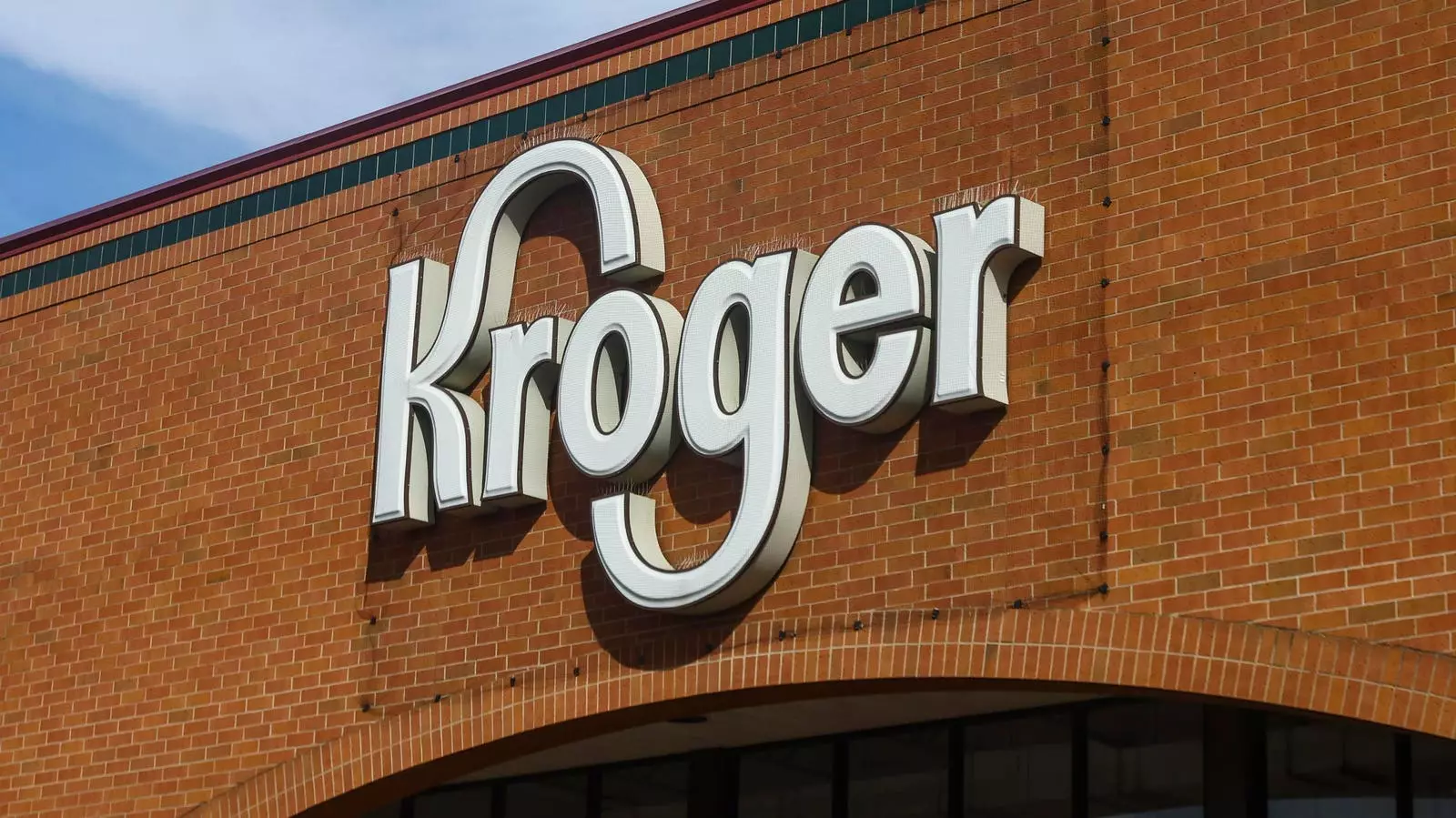The grocery sector has been facing significant upheaval following the dissolution of the $25 billion merger between Kroger and Albertsons, America’s second and third largest supermarket chains. This drama, far from the Hallmark Channel’s cozy narrative, reflects the complexities of corporate mergers, regulatory frameworks, and their potential repercussions on consumers and employees.
The collapse of the merger came swiftly after two federal judges ruled in favor of the Federal Trade Commission (FTC), which sought to prevent the merger on grounds that it might raise consumer prices and result in store closures. These decisions laid bare the risks associated with such consolidations—especially the threats they pose to market competition and consumer access to essential goods. By blocking the merger, the judges underscored a crucial point: regulatory bodies have a vital role in safeguarding consumer welfare in the face of massive corporate alliances.
The ruling also sparked a chain reaction, with Albertsons promptly severing ties with Kroger and pursuing legal action against them. This lawsuit accuses Kroger of deliberately not fulfilling its contractual obligations, thereby insinuating an unraveling of trust and cooperation. Kroger’s staunch rebuttal of the claims as “baseless” reveals a bitter rift between the two companies, suggesting deeper issues within the merger process itself.
The most significant takeaway from this fallout revolves around the implications of mergers in the grocery industry. Consolidation can lead to fewer competitors, potentially resulting in higher prices and limited choices for consumers. In historical contexts, similar mergers have sparked concerns over monopolistic behavior that can stifle innovation while harming the labor market. As detailed in various studies and publications, including critiques like “Raw Deal: Hidden Corruption, Corporate Greed and the Fight for the Future of Meat,” the ramifications of such corporate maneuvers extend well beyond stock prices; they touch fundamental aspects of social equity, labor rights, and food accessibility.
Labor unions, like the United Food and Commercial Workers (UFCW), are acutely aware of these effects. They have recently escalated their calls for Kroger CEO Rodney McMullen to resign—a reflection of the frustration among workers. The union’s grievance intensified following Kroger’s announcement of a massive $7.5 billion stock buyback shortly after the blocking of their merger. This maneuver raises flags about the company’s priorities, questioning whether they value short-term shareholder gains over long-term investments in employee wages or store improvements.
Kroger’s decision to distribute such a hefty amount to shareholders is jarring, particularly when juxtaposed with the commitment it previously made during the merger discussions. Promising a significant investment in reducing prices and expanding operations, the abrupt shift to stock buybacks forges a narrative of inconsistency and opportunism. Critics argue that this strategy not only diminishes the potential for better wages for workers but also highlights a troubling trend: prioritizing shareholders at the expense of consumers and employees.
The UFCW’s assertion that this disbursement exceeds what was originally promised to create a more equitable environment for customers and laborers brings to light fundamental ethical questions about corporate governance. As companies navigate increasing pressures from both employees and regulatory bodies, they must grapple with the balance of power within their own ranks and the broader implications of their financial strategies.
The unfolding drama between Kroger and Albertsons not only reveals the fractures within corporate alliances but also invites a critical examination of business ethics and responsibility. With large-scale mergers often touted as solutions to market competitiveness, the reality is markedly more complex. Each merger has the potential to upset local economies, deprive communities of necessary services, and unsettle labor forces.
This incident serves as a microcosm of larger struggles within the corporate world, where the pursuit of growth frequently overshadows the core needs of consumers and employees. Moving forward, it is imperative for corporations to adopt a more transparent approach that prioritizes the voices of all stakeholders—consumers, employees, and investors alike.
As the Kroger-Albertsons saga continues, industry observers and consumers alike are left pondering the future landscape of grocery retail. Will it lean towards increased competition and consumer protection, or will the relentless drive for consolidation prevail? The answers may well dictate the trajectory of an increasingly consolidated marketplace where consumers’ needs risk being overshadowed by corporate ambitions. The chapter is far from closed, and each development heralds lessons that extend beyond mere corporate strategy, highlighting the interplay of power and responsibility in the ever-evolving world of business.


Leave a Reply